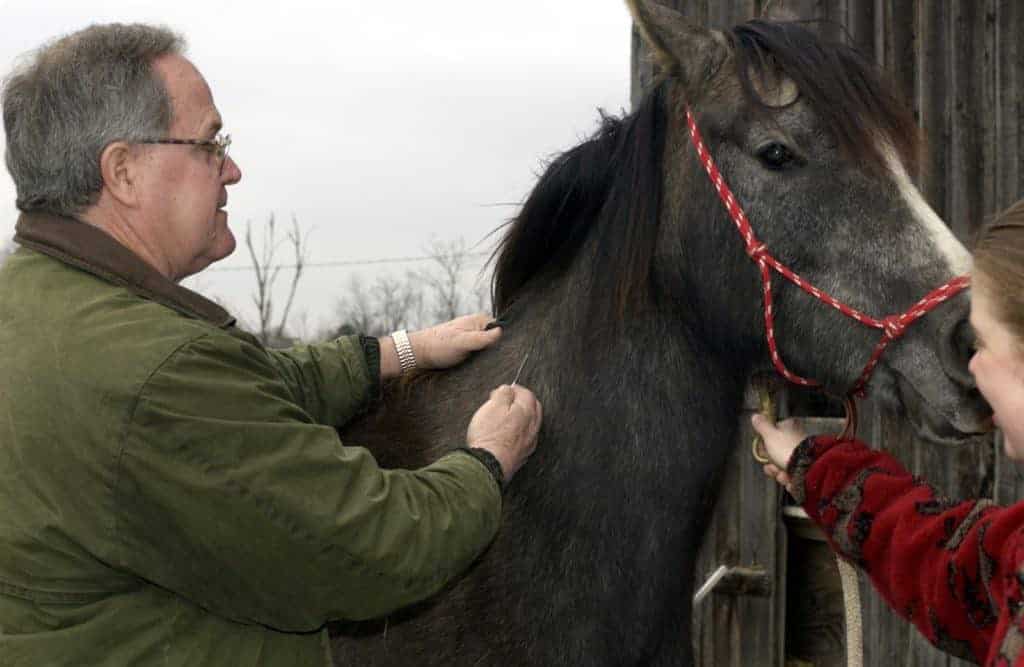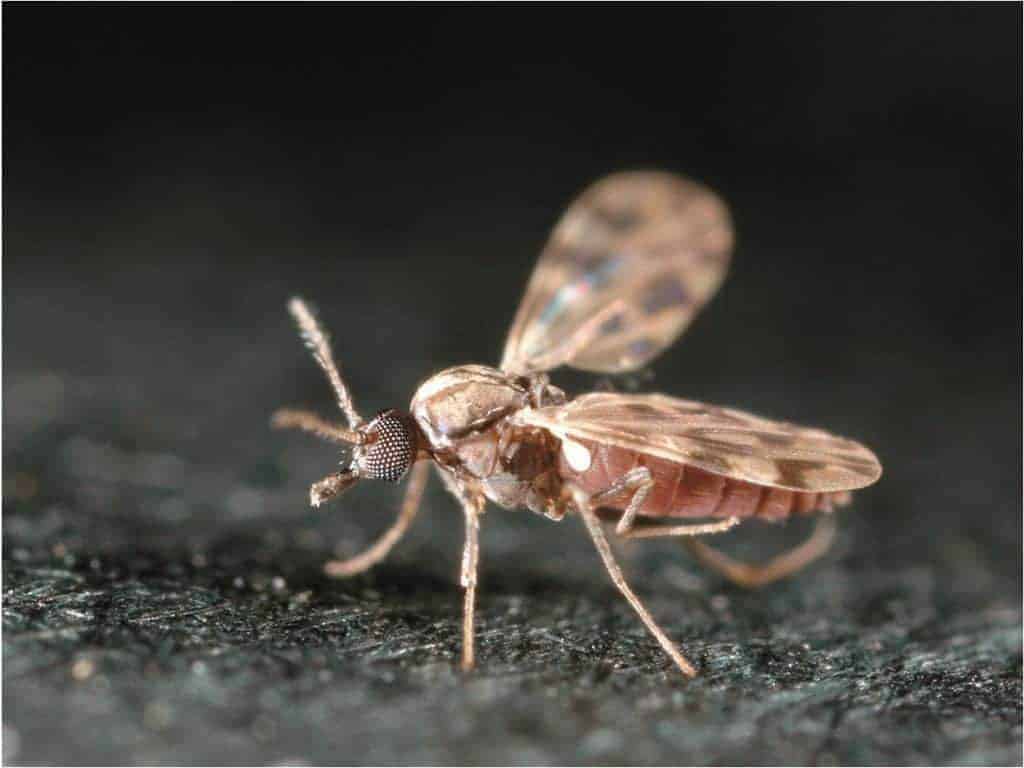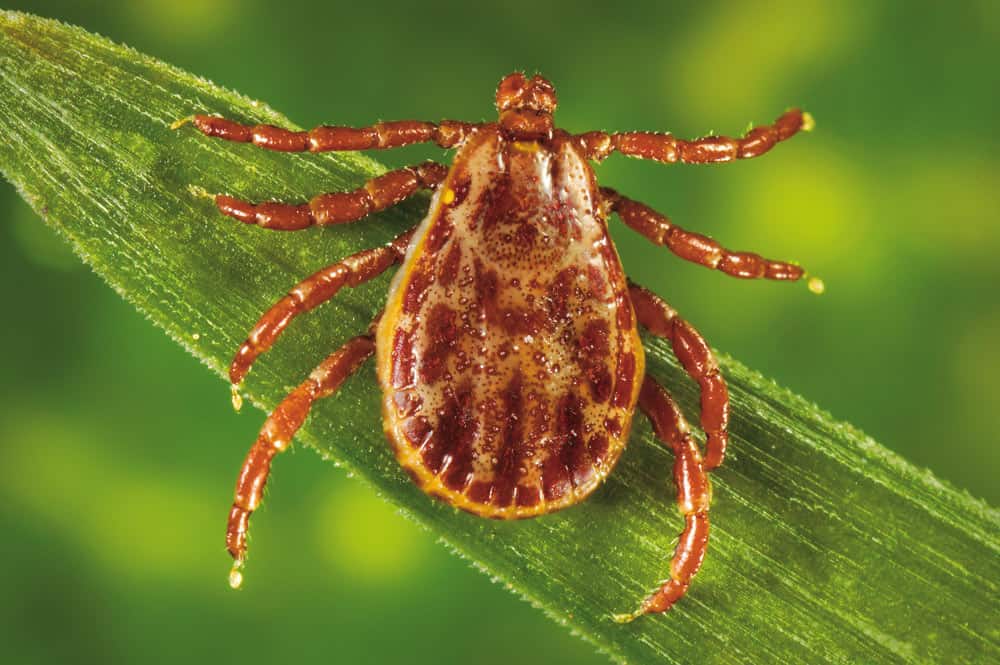
Equine Piroplasmosis in America: Re-Emergence and Control
Recent outbreaks have prompted further investigation into the re-emergence and control in the United States.

Recent outbreaks have prompted further investigation into the re-emergence and control in the United States.

Two researchers will study pigeon fever as recipients of the 2012 Advancement of Equine Research Awards.

The vaccine was released in high-risk Queensland and New South Wales on Nov. 1.
Equine herpesvirus-1, vesicular stomatitis, and West Nile virus were all confirmed in Colorado horses in 2012.

The disease causes painful swelling, abscesses, and inflammation in the legs, chests, and abdominal cavities.

The African Horse Sickness (England) Regulations 2012 were signed on Oct. 15 and will take effect Nov. 21.
Biosecurity Queensland received the positive test results late on Nov. 4. The horse was euthanized Nov. 1.

The long-awaited vaccine will be available for horse owners through their veterinarians.

The quarantines were imposed when two cases of VS were confirmed in Colorado earlier this year.

Dr. David Horohov of University of Kentucky’s Gluck Equine Center shares the importance of bringing experts together from around the globe at the 2012 International Conference on Equine Infectious Disease.

Dr. Klaus Osterrieder of the Freie Universitaet Berlin Institut feur Virologie, in Germany, discusses some key points horse owners should know about equine herpesvirus.
The quarantine was put in place in early September when a horse tested positive for the virus.
Robert Mealey, DVM, PhD, Dipl. ACVIM discussed the therapeutics and immunology associated with piroplasmosis.

Robert Mealey, DVM, PhD, Dipl. ACVIM, of Washington State University shares his team’s research on equine piroplasmosis, a tick-borne disease caused by a parasitic protozoan.
Hendra virus risk can be significantly reduced by keeping horses away from fruiting or flowering trees.
The case was confirmed Sept. 5 on a property between Cairns and Port Douglas, Queensland, Australia.
Stay on top of the most recent Horse Health news with
"*" indicates required fields